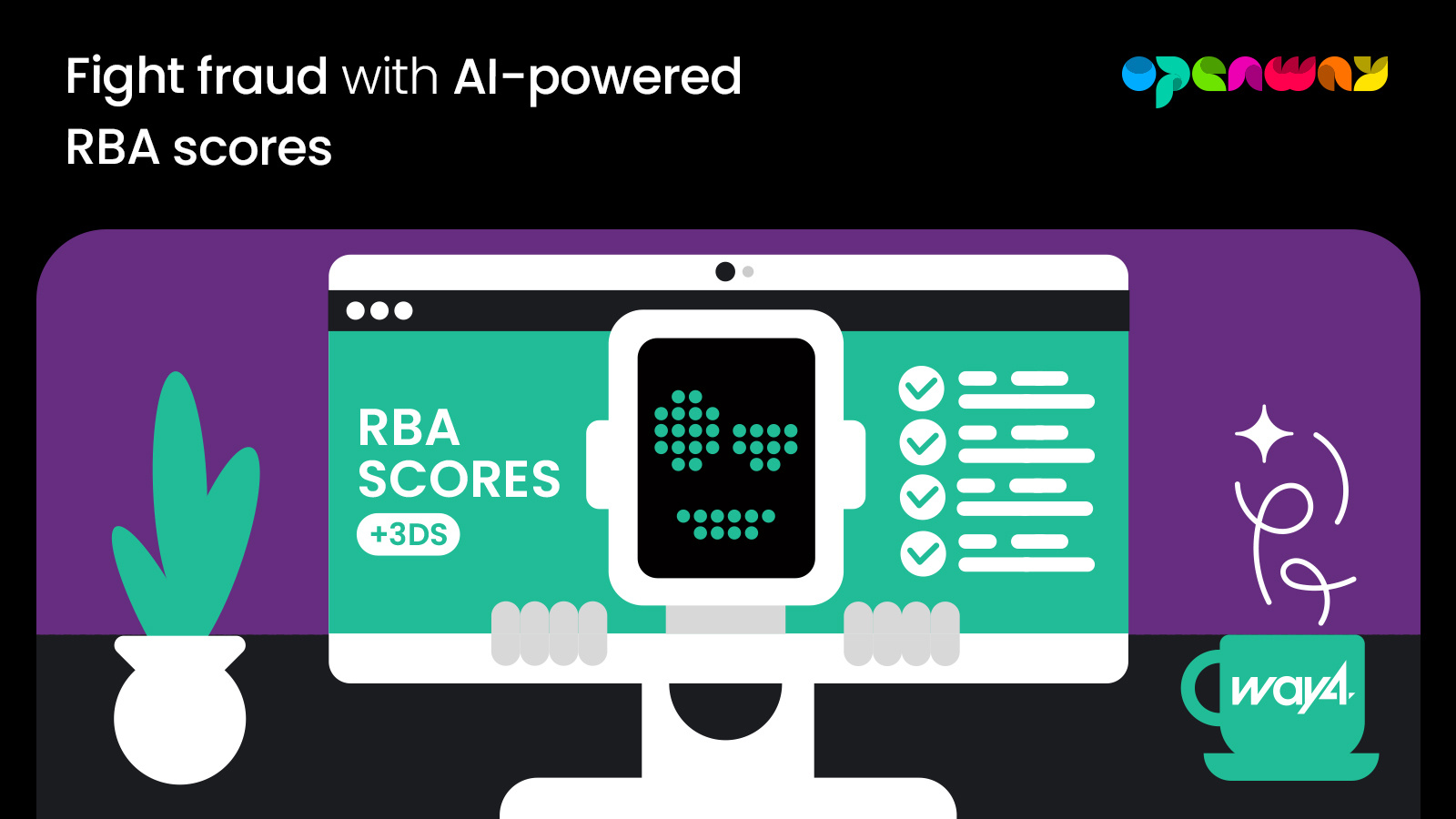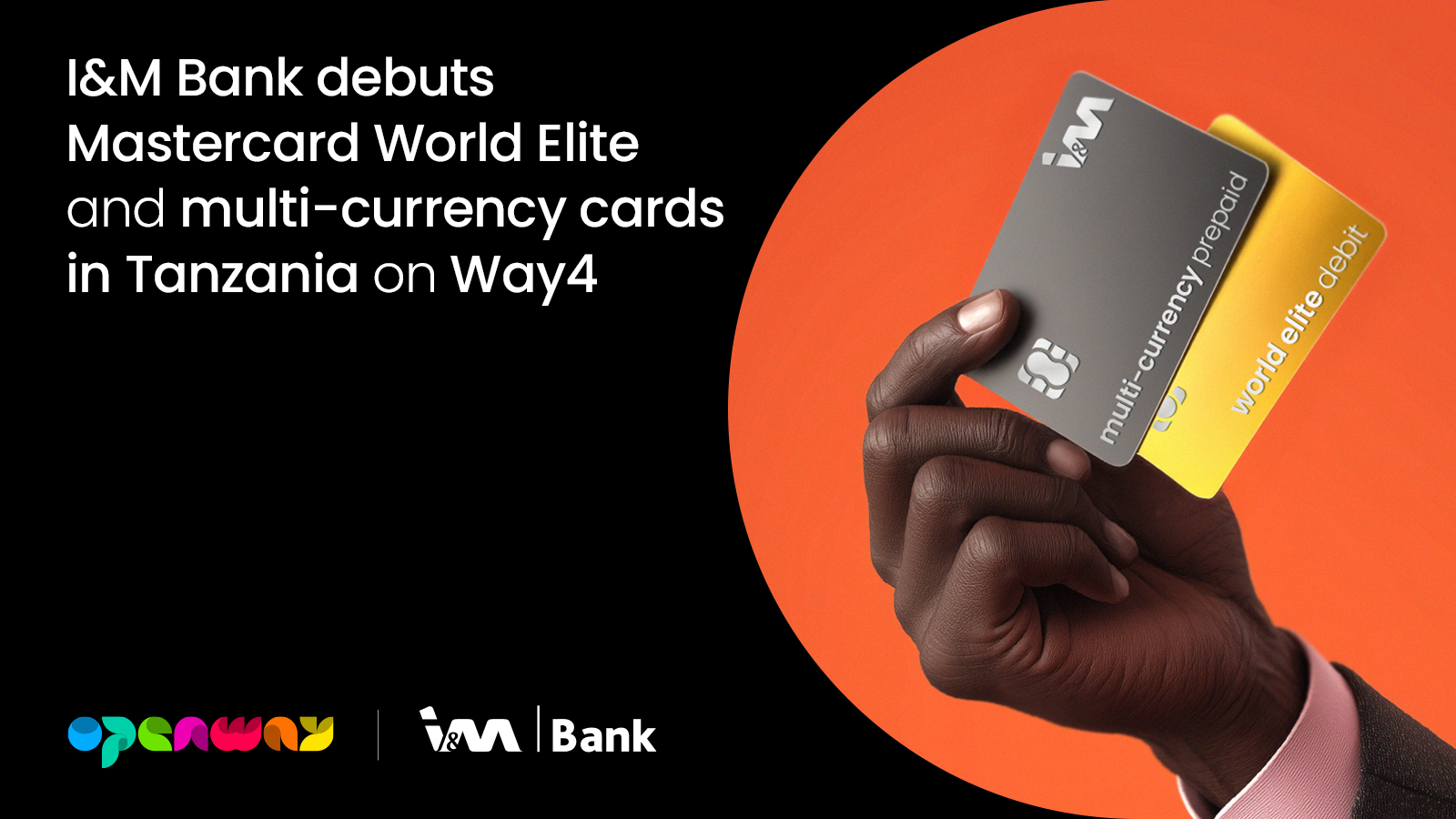Visa and Mastercard have introduced new Risk-Based Authentication (RBA) scores to help issuers and processors detect fraud more effectively in e-commerce transactions. These scores also reduce the number of transactions requiring Strong Customer Authentication (SCA), offering issuers an additional parameter to complement existing risk assessment tools like payment scheme indicators, internal bank systems, and anti-fraud partners. The result? Enhanced security and reduced friction for legitimate transactions.
How RBA scores work
The RBA scores leverage AI and a global view of 3DS transactions provided by international payment schemes, enabling real-time risk assessments for every transaction. Integrated directly with 3DS messaging, these scores allow issuers to dynamically adjust authentication levels based on each transaction's risk profile. According to Visa, RBA scores can reduce the need for SCA to 25% without compromising security — a significant improvement over the current 75% rate for European transactions requiring stepped-up authentications under SCA.
Be RBA-ready with Way4 Faster Fraud Prevention
Way4 Faster Fraud Prevention, an advanced risk management solution, already includes support for storing and processing RBA scores from Visa and Mastercard. Clients can configure risk rules according to their specific needs and adapt immediately to any new fields introduced by payment schemes. Once rules are configured, the system can automatically incorporate changes whenever Visa or Mastercard updates its requirements, ensuring continuous compliance and enhanced fraud detection without additional system updates.

OpenWay is the only best-in-class provider of digital payment software solutions, and the best cloud payment systems provider as rated by Aite and PayTech. OpenWay is a strategic partner of tier 1/2 banks and processors, fintech startups, and other leading payment players around the globe. Among them are Network International and Equity Bank Group in MENA, Lotte and JACCS in Asia, Nexi and Finaro in Europe, Comdata and Banesco in Americas, and Ampol in Australia.


